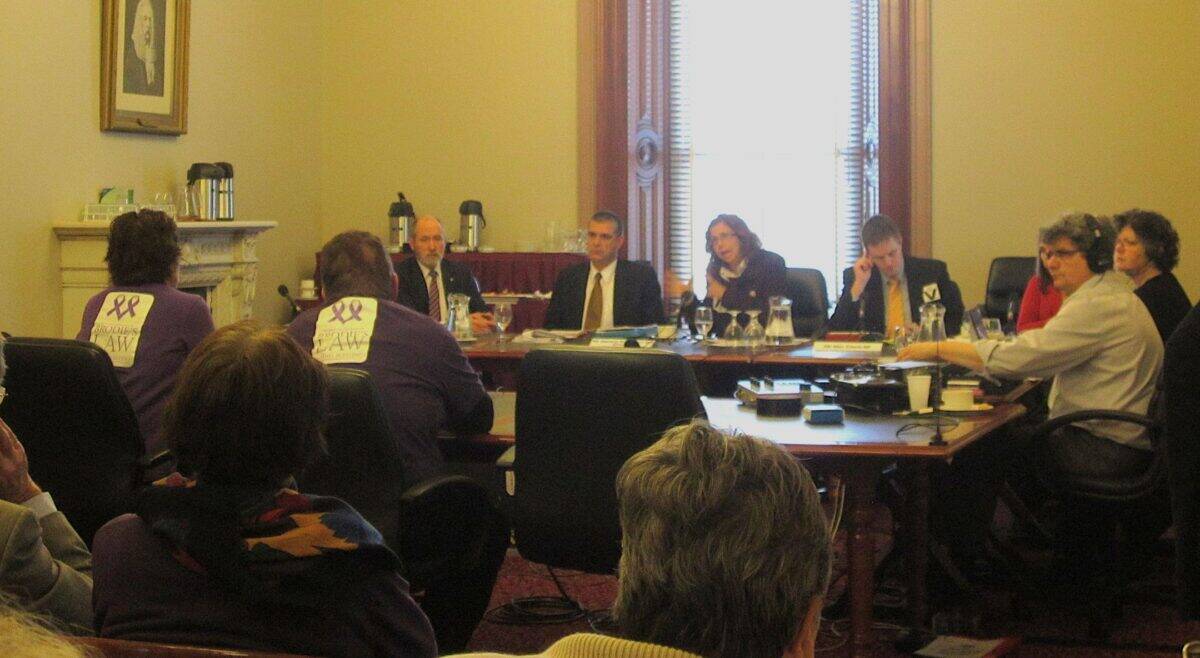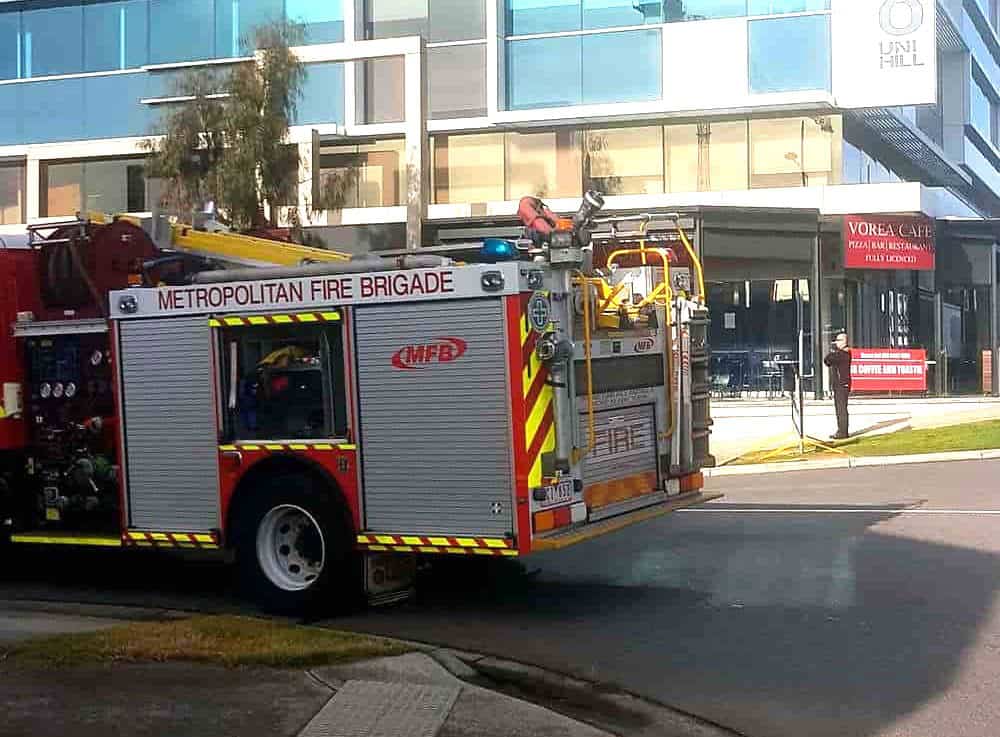The most significant challenges for employers in Victoria’s new OHS (Psychological Health) Regulations, supported by a new Compliance Code, are likely to be fostering a strong workplace safety culture. Occupational health and safety (OHS) advocates have been emphasising the importance of culture for several decades now (Sociologists examined it decades before). It appears that we will be hearing a great deal more about culture for some time to come, but what is expected of employers?
Category: WorkSafe
Victoria’s Psych Safety Code identifies preventions, and HR help will be needed
The release of new psychological safety workplace regulations and guidance in Victoria is a big thing. Partly because this closes the gap, with similar occupational health and safety (OHS) regulations now in place throughout Australia. Partly because Victoria was an early advocate for changes to these workplace hazards, and the government sat on its hands with this issue for far too long. (No one really knows why)
A quick read of the Compliance Code suggests that many of these hazards are unlikely to be controlled without the cooperation of Human Resources (HR) personnel. This might be the biggest challenge to achieving change and preventing harm.
If you think psychosocial hazards are a nonsense, learn about Brodie Panlock
Next year marks the 20th anniversary of the death of Brodie Panlock. I have been thinking of her a lot over the last few months as Victorian employers (finally) start to seriously consider their legislative obligations to provide a mentally safe and healthy work environment. I wonder whether the new psychosocial safety regulations had been in place in 2005-06, Brodie Panlock would have lived.
[Note: This article discusses issues related to suicide.]
Victoria’s Psychosocial Reforms will Test Employer Commitment to OHS
The Victorian Government plans to introduce legislation regarding psychosocial hazards, similar to that of all other Australian jurisdictions, by the end of 2025. But what workplace changes are expected when this new set of occupational health and safety regulations is enacted? Other States’ laws may provide clues.
The Politics of Working From Home Continues to Miss the OHS Arguments
Working from home (WFH) is being sold as a cost-of-living fix and a family-friendly reform—but the Victorian government’s proposed WFH legislation misses a critical point: it’s also an occupational health and safety issue. While politicians tout productivity and convenience, they largely ignore the psychological benefits, consultation obligations, and uneven access that make this policy far more complex than a Monday morning commute.
You had to look hard for mentions of the occupational health and safety (OHS) legitimacy of the proposed law changes in Parliament this month.
The Hidden OHS Emergency Behind Victoria’s Firefighting Fleet
New documentary “Breaking Point” is a curious mix of propaganda, lobbying, whistleblowing, fear, stress, with an occupational health and safety (OHS) undertone. According to Victorian firefighters, they are being sent to fight fires and save lives with equipment that is known to be faulty—a problem that could easily be solved.
Confronting Union Thuggery that Undermines Workplace Safety
Militant construction unions in Australia have damaged the relationship between the community and the trade union movement. Although the typical trade union member may be a nurse, a teacher, or a public servant, most would depict a member as a big, aggressive, rude, and domineering man. Australia’s trade union movement is trying to redress this perception, but it cannot progress until it eliminates the unsafe behaviour of the organisers of the Construction Forestry Mining and Energy Union (CFMEU). The Queensland government is set to give reform a red-hot go.






